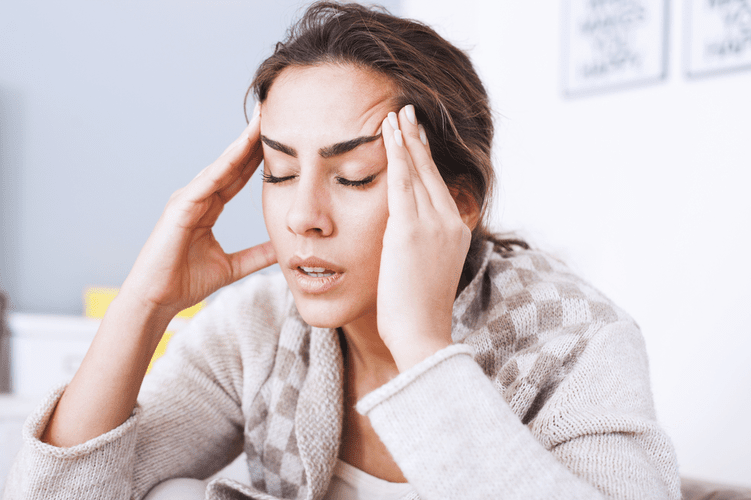If you’re experiencing alcohol withdrawal, your body might be going through an array of uncomfortable physical and mental changes. Individuals experiencing mild symptoms could receive home treatment with the help of close friends and family members. However, if symptoms worsen, it is advisable to seek immediate medical attention so that individuals receive appropriate https://ecosoberhouse.com/ treatment. This is where symptoms are usually the most severe, with some individuals displaying delirium tremens — hyperactive autonomic activity that can lead to cardiac collapse. Delirium tremens can last up to 5 days, with a mortality rate of up to 37%. This highlights the severity of the condition and the need for immediate medical attention.
- Alcohol withdrawal that progresses to delirium tremens causes intense hallucinations, as well as severe confusion, disorientation, and agitation.
- The test is free, confidential, and no personal information is needed to receive the result.
- If you’re worried about your drinking, get in touch with your local GP surgery, who will be able to help.
- If your home environment is not supportive for staying sober, talk with your doctor.
These may still be mild, or the existing symptoms might increase in severity. If you or a loved one drinks heavily or has an alcohol use disorder (AUD), it can be dangerous to go through the withdrawal process alone. In fact, stopping drinking is a great way to improve the quality of your sleep.
Support Groups
Their job is to make sure that if you develop any worsening of symptoms, they get you to a hospital or call 911 immediately. People who have an addiction to alcohol or who drink heavily on a regular basis and are not able to gradually cut down are at high risk of AWS. When the alcohol level suddenly drops, your brain stays in this keyed up state. alcohol withdrawal syndrome symptoms There are many support options available that can help guide you through alcohol withdrawal, as well as abstaining from alcohol after withdrawal. People who drink daily or almost every day should not be left alone for the first few days after stopping alcohol. Withdrawal symptoms can quickly go from a bad hangover to a serious medical situation.
She’s passionate about empowering readers to take care of their mental and physical health through science-based, empathetically delivered information. Taking care of your basic needs is a good way to avoid worsening your mental and physical symptoms. Your triggers could include stress, sleeplessness, or even certain foods. According to American Addiction Centers, anecdotal evidence indicates that PAWS symptoms can last 2 years or longer after someone stopped drinking alcohol. PAWS can make day-to-day tasks uncomfortable and, if a person is dealing with addiction, lead to relapses during recovery. If you or a loved one are experiencing PAWS, there are treatments to help you manage these symptoms.
2. Additional markers to detect AUD
Ensure your health and safety by learning all you can about alcohol withdrawal timeline and symptoms. But most importantly, remind yourself that there is no shame in asking for help if withdrawal symptoms worsen or if you are not sure if you can manage the challenges of this process by yourself. Although there are many benzos available, diazepam (Valium), lorazepam (Ativan), and chlordiazepoxide (Librium) are the most frequently used. They’re sedatives that work by stimulating gamma-aminobutyric acid (GABA), a chemical in the brain that is involved in setting off alcohol withdrawal symptoms. People who have severe withdrawal often need to go to the hospital. Your doctor can tell you what level of testing or treatment you need.
Alcohol withdrawal refers to a condition that may occur when an individual with alcohol use disorder suddenly stops or significantly reduces their alcohol consumption. A person may notice initial symptoms after a few hours that could last for up to a week or longer. A doctor may also prescribe a sedative drug, such as a benzodiazepine, to help reduce withdrawal symptoms such as restlessness or agitation. Benzodiazepines like Librium (chlordiazepoxide) and Ativan (lorazepam) may also help to prevent minor withdrawal symptoms from becoming more severe. Other drugs a healthcare provider might prescribe include anxiolytics , vitamins, and suboxone. If you already have alcohol use disorder, it’s important to seek counseling and medical care as soon as possible.
What are moderate to severe alcohol withdrawal symptoms?
You’ve taken an important first step toward recovery by deciding to stop drinking. Now, try to keep in mind that even though withdrawal symptoms may be unpleasant, they’re temporary, and treatment is available during this time. When you engage in chronic heavy drinking, your brain adapts to the presence of alcohol in your blood to maintain homeostasis (a balanced state). As your brain grows accustomed to higher blood alcohol concentration levels, it starts to rely on alcohol to function properly. Try to remember that you don’t have to feel shame about your experience. AUD is very common, affecting an estimated 76.3 million people worldwide.
